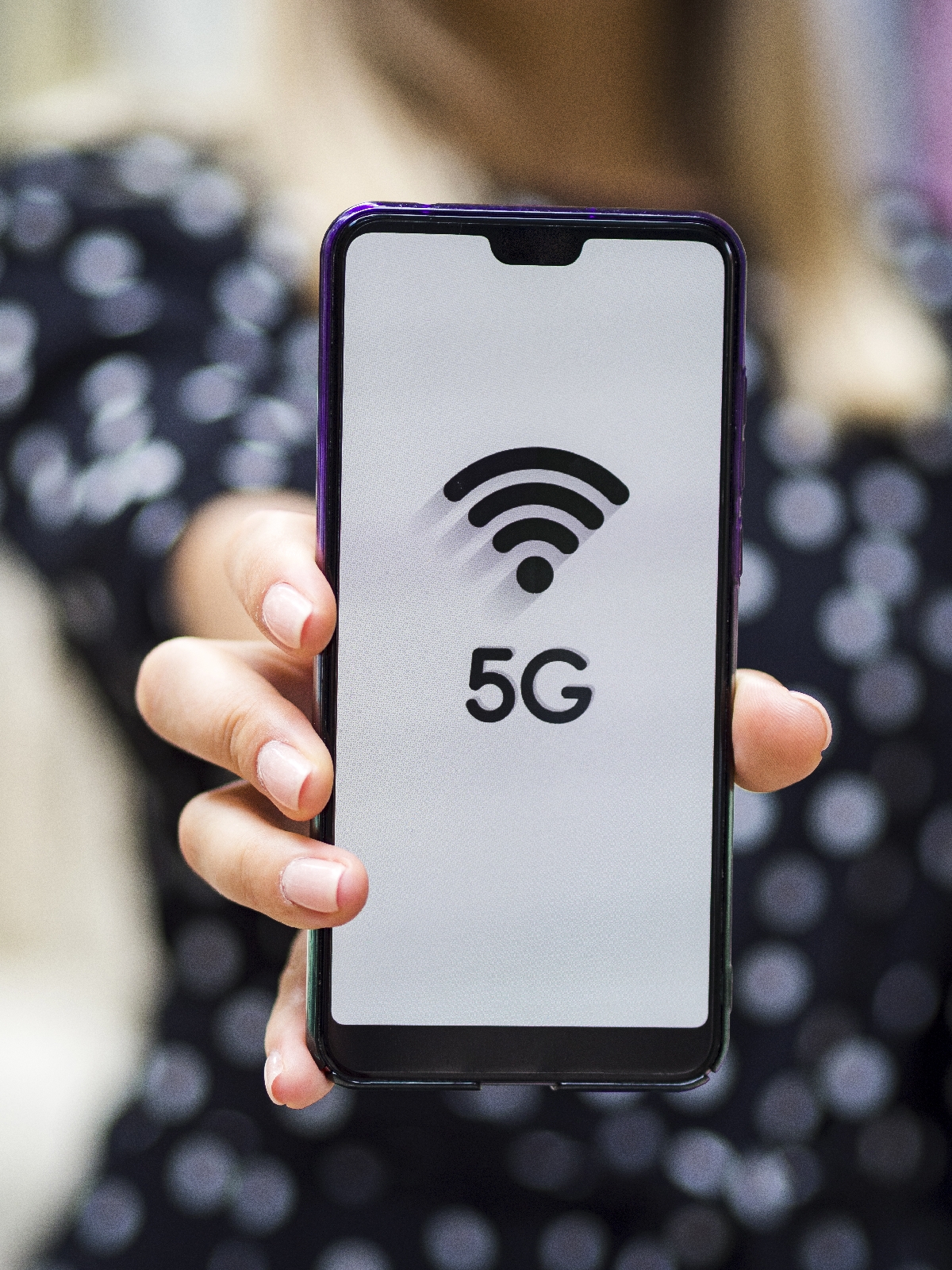5G Technology: What You Need to Know
5G technology is the latest generation of wireless communication technology. It promises to deliver faster speeds, lower latency, and greater capacity than any previous wireless technology. In this article, we will explore what 5G technology is, its benefits, and its potential impact on various industries.
What is 5G Technology?
5G technology is the fifth generation of wireless technology. It promises to deliver faster speeds, lower latency, and greater capacity than any previous wireless technology. 5G uses a combination of technologies, including massive MIMO, millimeter waves, and small cell networks, to achieve these improvements.
Benefits of 5G Technology
Here are some of the benefits of 5G technology:
1. Faster speeds: 5G promises to deliver speeds up to 20 times faster than 4G, which will enable new applications and services that were not possible before.
2. Lower latency: 5G will have much lower latency than 4G, which will enable real-time applications, such as remote surgery and autonomous vehicles.
3. Greater capacity: 5G will be able to handle more devices and data than 4G, which will enable the growth of the Internet of Things (IoT) and other connected devices.
4. Improved reliability: 5G will be more reliable than 4G, which will enable mission-critical applications, such as public safety and emergency response.
Potential Impact of 5G Technology
5G technology has the potential to impact various industries, including:
1. Healthcare: 5G will enable real-time remote monitoring and diagnosis, which will improve healthcare outcomes and reduce costs.
2. Transportation: 5G will enable autonomous vehicles, which will improve safety and reduce congestion.
3. Manufacturing: 5G will enable real-time monitoring and control of machines, which will improve efficiency and reduce downtime.
4. Entertainment: 5G will enable new immersive experiences, such as virtual reality and augmented reality.
Challenges of 5G Technology
Despite the many benefits of 5G technology, there are also some challenges, including:
1. Infrastructure: 5G requires a dense network of small cell towers, which will require significant infrastructure investment.
2. Spectrum: 5G requires access to a range of different spectrum bands, which will require coordination between governments and wireless carriers.
3. Security: 5G will introduce new security risks, such as the potential for cyber attacks on connected devices.
In conclusion, 5G technology is the latest generation of wireless communication technology, promising to deliver faster speeds, lower latency, and greater capacity than any previous wireless technology. It has the potential to impact various industries, including healthcare, transportation, manufacturing, and entertainment. However, there are also some challenges that need to be addressed, including infrastructure, spectrum, and security. Overall, 5G technology is an exciting development that will transform the way we live, work, and communicate.





No comments:
Post a Comment